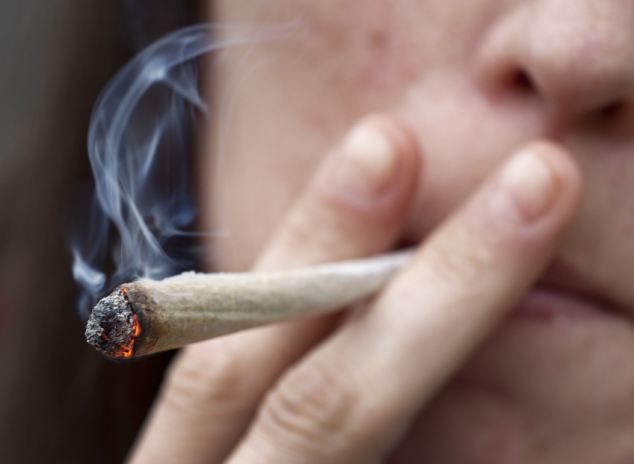Mary Jane, weed, herb, gonj, MJ, reefer, la la, dube, bud, doja. OK, now that I’ve got your attention, it’s time to talk about something important.
I don’t get to title my articles, but if I did, I’d call this one “Marijuana and the adolescent brain.” For now, let’s put aside all the debate about legal access to recreational marijuana. Let’s put aside the dubious arguments over health effects of medical marijuana. Let’s even ignore the relevant health issues associated with adult use of marijuana.
I want to focus on what marijuana does to kids who use it, especially what it does to their brains.
Marijuana is the most commonly used illicit drug among adolescents. To be clear, even in Colorado, marijuana use in kids is illegal. Recent studies show that marijuana use is on the rise among adolescents. This is especially concerning given the rapid pace of remodeling that takes place in the teen brain.
As the brain matures, significant changes occur to neurons – the wires that hold and process information. These changes, known as myelination and synaptic pruning, accelerate from adolescence through early adulthood.
Cannabinoid receptors, responsible for the central nervous system response to marijuana, are widespread throughout the brain. Binding of these receptors by the drug results in changes in the release of various chemical signals by nerve cells. This means that all aspects of brain functioning can be affected by marijuana. Moreover, there is a known increase in these receptors in the adolescent brain, making the potential bad effects of the drug on brain development that much more significant.
In short, marijuana is a direct toxin to brain tissue, including both gray and white matter in the substance of the brain. This can result in a disruption in normal brain development, which can have potential long-term effects.
Marijuana has been shown to measurably decrease attention, memory and the speed of mental processing. Reductions in short-term memory have been shown to persist well beyond the period of drug use. Marijuana use has also been shown in adolescents to affect executive functioning. This is the aspect of thinking that permits planning, focusing attention, memory recall and managing multiple tasks.
Beyond the microscopic and chemical changes, imaging of the brain of adolescent marijuana users has shown changes to actual brain structure, including measurable decreases in the volume of certain areas of the brain.
Functional imaging using MRI, electroencephalogram and blood flow studies suggests impairment in the health of neurons, the basic units of the brain, among adolescent marijuana users. Studies have also shown that many of these effects persist well beyond the last use of the drug.
Teens and their parents deserve to be informed of the significant risks to brain development posed by use of marijuana. The drug has the potential not only to impair academic performance and social functioning in the near term but also risks long-lasting changes to the structure and function of the user’s brain.
credit:durangoherald.com








